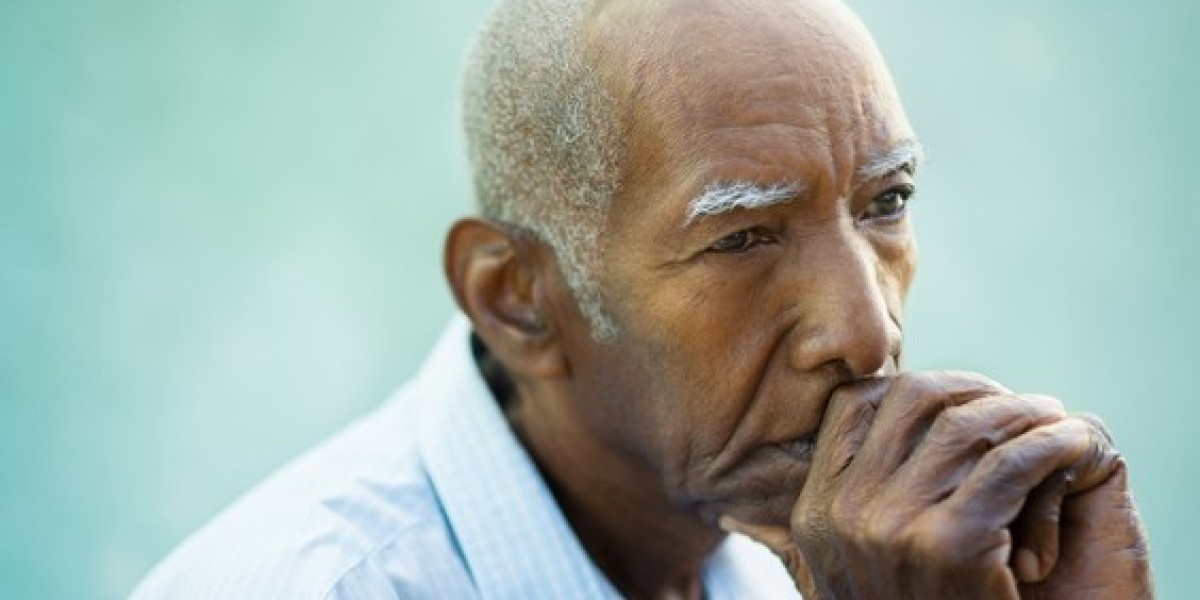Grief is a rigorous emotional experience that affects not merely the heart and mind but additionally the body. Many people who proceed through loss report a constant sense of exhaustion that feels impossible to shake. This fatigue is not just about being does grief make you tired physically tired—it is also deeply linked to the mental and emotional strain that grief brings. When you're grieving, your system and mind work harder than usual to process emotions, memories, and the truth of change, which naturally drains your energy.
One major reason grief makes people tired could be the emotional stress it creates. Experiencing sadness, longing, as well as anger requires enormous mental energy. Your brain is in a continuing state of processing, trying to modify to a brand new reality without anyone or relationship you've lost. This mental overload can mimic the results of stress, leaving you feeling physically weak and mentally foggy. Even simple daily tasks can appear overwhelming, as if they demand more effort than usual.
Sleep disturbances also play a big role in grief-related fatigue. Many grieving individuals struggle with falling asleep, getting up in the center of the night time, or experiencing restless dreams. The lack of deep, restorative sleep makes it harder for your body to recharge, which intensifies feelings of tiredness during the day. In some instances, people find themselves sleeping more than usual, yet still getting up without energy because their emotional state prevents proper rest.
The physical body also responds to grief as though it were under prolonged stress. Hormones like cortisol increase, resulting in muscle tension, headaches, and feelings of overall weakness. This stress response keeps the body in a heightened state, that is exhausting over time. Because grief is not at all something that resolves quickly, this constant state of strain can work for weeks or even months, making exhaustion an extremely common symptom during mourning.
While grief-related tiredness can appear overwhelming, you will find ways to cope. Practicing self-care, maintaining a wholesome sleep routine, and allowing yourself to rest without guilt might help manage fatigue. Conversing with supportive friends, joining grief support groups, or seeking therapy can also lighten the emotional load, giving the human body and mind the space they should heal. Understanding that tiredness is really a normal part of grief may not erase the exhaustion, however it would bring comfort in realizing that the human body is merely giving an answer to deep emotional pain.







